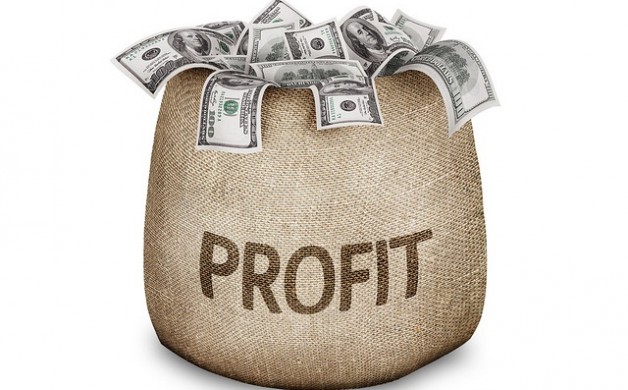The Fairpoint Group impressed investors today with year end results that included a whopping 87% increase in pre-tax profit. I was going to say that the group, which was founded in 1997, floated on the AIM market in 2002, and renamed as Fairpoint in 2008, has found it’s niche. But I think it may be the other way around – the niche has found Fairpoint.

Fairpoint is narrowly focused on aiding “financially stressed consumers.” My instincts tell me that there may have been a significant increase in the size of Fairpoint’s customer base in the past year. That’s just a SWAG on my part, but I’m going with it. The company website claims some 130,000 customers per year, but I sense that is an old stat. Given the euphemistic “economic impact” on the general public, there are reports that Fairpoint is going to have to repaint its doors as a result of so many hands knocking on them.
Investors who latched onto Fairpoint during the last half of 2008 or the same period of 2011 have had their investment more than double and even almost triple. It’s share price early this morning reached 110.0, surpassing its previous 5-year high of 108.0, before settling at 106.4 just before noon, still the highest the shares have been valued in the past 12 months.
Fairpoint reported a £2.7 million increase in claims management revenues and a 173.9% increase in net cash gained through operating activites up £8.0 million from £4.6 million in 2011 to £12.6 million as at 31 December 2012. Revenues from both Individual Voluntary Arrangements (IVA) and Debt Management Programs (DMP) increased year-on-year.
CEO Chris Moat said, “We expect to make continued progress in 2013 and beyond from a strengthened financial position through further development of our claims management services, offering tight cost control and back book acquisition activity.” During the past year Fairpoint acquired two DMP books with more than 2,000 plans for £0.9 million. Moat indicated that the company would continue to do so as viable opportunities arise.
Fairpoint should be healthy and growing for as long as there is a need for their services, which should be always. The issue, in terms of dynamic growth, will be dependent on the magnitude of the need. Some analysts claim to see a light at the end of the economic tunnel. Indivdual consumers who are chained to the tracks by the loss of employment and rising prices, are afraid that the light they see is not the end of the tunnel, but the train headed toward them. Fairpoint can respond to their cries for help, break the chains, and set them free.
Fairpoint is in the right place at the right time with the right plan.


 Hot Features
Hot Features












